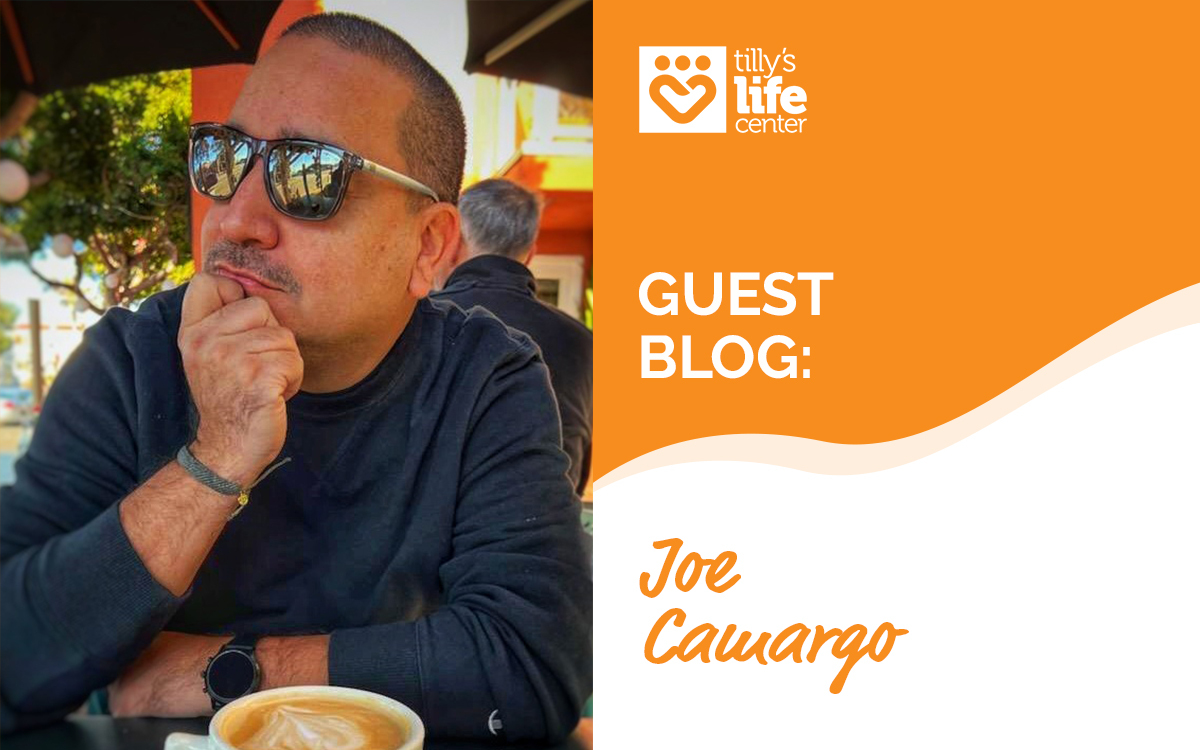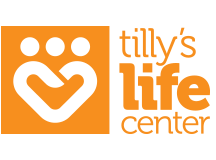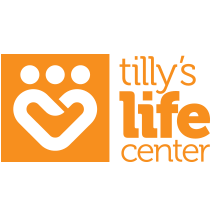
31 Mar Guest Blog: Joe Camargo
How Gratitude Rewires Your Brain
by TLC facilitator, Joe Camargo
Psychologist Christina Costa presented a Ted Talk in March of 2021 where she described a practice she taught to middle school children wherein she asked them to “kiss their brain”. The idea was simple, they would take their fingers, press them to their lips and then touch the top of their head. A little cheesy sure but absolutely adorable. The simple act of doing this gesture pointed to them recognizing the effort their brains did while working at school and allowed them to regularly practice gratitude in a small way.
When she was later diagnosed with a rare malignant brain tumor called anaplastic astrocytoma, Christina was faced with the need to find ways to manage and deal with her situation emotionally as well as physically. The process was difficult to say the least, but one of the more interesting things Christina came to recognize was her reluctance to label herself as a “fighter” regarding her efforts to heal. When people heard of her diagnosis, they were quick to provide encouragement like “keep fighting” or “you can beat this”. She recognized how those visuals could be empowering to some people, but knew they wouldn’t fit for the person she was. Christina wasn’t prepared to wage war on her body and didn’t want to have a battle narrative being the thing that helped to motivate her desire to feel better.
What ultimately helped Christina cope with this difficult situation was going back to the practice of teaching gratitude to her students. She recalled the practice of kissing her brain and made it her mantra. Instead of focusing on what her body was doing “wrong” or couldn’t do perfectly she would instead choose to focus on gratitude for what amazing things her body could do. For example, in going into radiation treatment she kissed her brain and focused on the healthy cells in her body being able to repair over time. The more she practiced gratitude, the more at peace she felt with her situation.
As a psychologist and student of Neuroscience, Christina was fascinated with how focusing on gratitude in an extremely difficult situation allowed her to persevere. While the science of it can be complicated, in more basic terms the more focus placed on gratitude the more our brain works to restructure potentially harmful thoughts and help to better manage our circumstances. In this way, the more we practice finding things to be grateful for, the more our brain recognizes the desire for positivity as a way for making you feel better about any given situation.
While not always easy to do, finding ways to be grateful in your daily life will make for good practice when unexpected things in life cause chaos. Some simple ways to practice gratitude routinely in your life could be:
- Writing down 3 things you’re grateful for when you wake up or when you’re heading off to bed.
- Leaving positive affirmations for yourself in visible places like your bathroom mirror, your desk, your locker, etc. Something simple like “You are loved” is a great reminder to be thankful for the supportive people in your life.
- Give a hug to someone you care about and say “thanks for being there for me”.
- Send a positive text to a friend for no reason.
- Just remembering to say “thank you” or “have a good day” to random people you come across in your daily life can help keep that gratitude positivity part of your routine.
The more we activate our brain with positivity focused through the act of gratitude, the easier it becomes to create stronger pathways in our brains. With continued practice, this way of thinking will become a part of your everyday life and will help prepare you to face any unexpected challenges that come your way. Perhaps you can start by taking inspiration from Christina Costa by taking a quick break today to give your brain a kiss and making that a part of your daily routine as a reminder of what gratitude can do for you.


